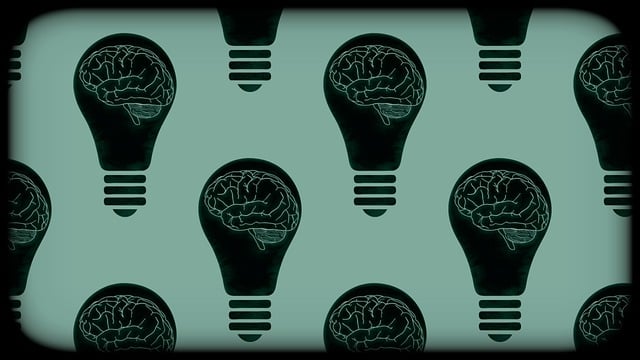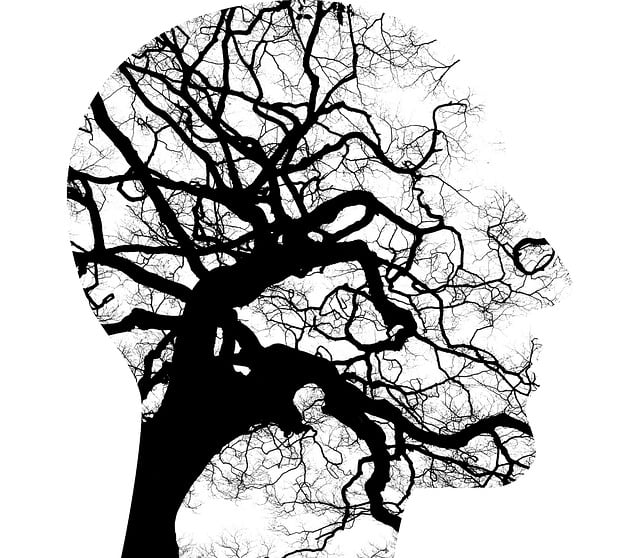Louisville Gender Identity Therapy (LGIT) is a comprehensive strategy to improve access to trauma support for Louisville's growing transgender community, addressing unique challenges through specialized services, mental health education, and holistic care. Leveraging technological advancements, LGIT expands online therapy and creates accessible digital platforms while collaborating with local entities through workshops, campaigns, and partnerships. Their goal is to empower individuals through personalized support, stress management techniques, and trauma-informed care, fostering community well-being and reducing mental illness stigma.
Trauma can significantly impact an individual’s gender identity, leading many to seek specialized support. This article explores the critical role of trauma-informed services in addressing the unique needs of individuals navigating gender identity challenges in Louisville. We delve into the success of Louisville Gender Identity Therapy, showcasing a model that combines compassionate care with evidence-based practices. Additionally, we discuss strategies to enhance access to these essential services, emphasizing the need for more inclusive and available trauma support across the city.
- Understanding Trauma and Its Impact on Gender Identity in Louisville
- The Need for Specialized Services in a Supportive Environment
- Key Components of Effective Trauma-Informed Therapy
- Louisville Gender Identity Therapy: A Case Study on Success Stories
- Strategies to Enhance Access and Availability of Trauma Support Services
Understanding Trauma and Its Impact on Gender Identity in Louisville

Trauma can significantly impact an individual’s sense of gender identity, and Louisville, like many cities, recognizes the need for specialized support services to address this complex issue. Understanding trauma is a crucial step in providing effective care for individuals experiencing gender dysphoria or those who have experienced traumatic events related to their gender expression. In Louisville, there is a growing awareness of the unique challenges faced by the transgender community, which often includes a history of trauma.
Louisville Gender Identity Therapy focuses on creating safe spaces where individuals can explore and understand their gender identity while healing from past traumas. Mental Health Education Programs Design that incorporate emotional well-being promotion techniques and risk management planning for mental health professionals are essential components in supporting this vulnerable population. By integrating these strategies, Louisville’s trauma support services aim to empower individuals to navigate their gender identities with resilience and dignity.
The Need for Specialized Services in a Supportive Environment

In addressing trauma, specialized services within a supportive environment are paramount. Many individuals, particularly those navigating mental illness and the complex interplay of stigma, struggle to find safe spaces where they can receive tailored care. Louisville Gender Identity Therapy (LGIT) exemplifies such a haven, dedicated to providing comprehensive support for this vulnerable population. Here, highly trained professionals offer specialized therapy, acknowledging that trauma’s impact often intersects with gender identity issues, creating a unique set of challenges that require nuanced approaches.
Community outreach programs and initiatives focused on mental illness stigma reduction efforts are integral to LGIT’s mission. By fostering understanding and empathy within the broader community, these programs not only enhance accessibility to support but also promote an environment where healing can flourish. Additionally, effective stress management techniques are integrated into the therapeutic framework, ensuring clients receive holistic care that addresses both their trauma-related needs and overall mental well-being.
Key Components of Effective Trauma-Informed Therapy

Effective trauma-informed therapy is characterized by several key components that significantly enhance its impact, particularly in diverse communities like Louisville, known for its vibrant and ever-evolving landscape, including Louisville Gender Identity Therapy. One of the foundational elements is Mental Health Policy Analysis and Advocacy, which ensures that systemic barriers are identified and addressed to create accessible and inclusive services. This involves pushing for policies that support trauma-specific treatments and promote mental health resources in underserved areas.
Additionally, Healthcare Provider Cultural Competency Training plays a pivotal role. Educating healthcare providers about cultural nuances, biases, and the interconnection between identity and mental health is essential. Such training equips them with the skills to offer sensitive, tailored care, addressing not just the trauma but also the unique challenges faced by individuals within their specific communities. This holistic approach, combined with effective Stress Management techniques, paves the way for meaningful recovery and resilience.
Louisville Gender Identity Therapy: A Case Study on Success Stories

Louisville Gender Identity Therapy (LGIT) stands as a beacon of hope and support for individuals navigating their gender identity. This innovative program has garnered significant attention for its success stories, highlighting the transformative power of specialized therapy. Through its tailored approach, LGIT empowers clients to cultivate inner strength and develop emotional intelligence, crucial components in fostering mental wellness. The program’s focus on individual growth has led to numerous positive outcomes, reflecting improved quality of life and enhanced self-acceptance.
By offering personalized Mental Wellness Coaching Programs Development, LGIT ensures that each client receives the attention they need. This case study exemplifies how specialized services can revolutionize support for gender identity issues. Through dedicated professionals, individuals find safe spaces to express themselves authentically, fostering a sense of belonging and empowerment. Such initiatives not only contribute to the overall well-being of the community but also underscore the significance of accessible and effective trauma support services in promoting mental health and resilience.
Strategies to Enhance Access and Availability of Trauma Support Services

To enhance access and availability of trauma support services, Louisville Gender Identity Therapy (LGIT) proposes a multi-faceted approach that integrates technological innovations with community outreach initiatives. Online therapy sessions and digital resources can significantly broaden reach, making crucial services accessible to individuals who may face barriers like geographical limitations or shame preventing them from seeking help in person. This includes expanding teletherapy options and developing user-friendly digital platforms tailored for trauma survivors.
Complementing these digital strategies, LGIT actively engages with local communities through educational workshops, awareness campaigns, and partnerships with schools, healthcare providers, and social service organizations. By fostering Mental Health Awareness and promoting Self-Esteem Improvement, these efforts break down stigma and encourage individuals to come forward for support. Such inclusive initiatives not only enhance the availability of trauma support but also contribute to a more supportive and understanding societal landscape.
Louisville’s commitment to supporting individuals with trauma, especially those navigating gender identity issues, is evident through the comprehensive services offered. The success of Louisville Gender Identity Therapy serves as a powerful example of how specialized, trauma-informed care can transform lives. By integrating these key components and learning from such case studies, it is possible to enhance access to support for all who need it. Expanding availability and tailoring services to meet individual needs are vital steps towards fostering a more inclusive and supportive community in Louisville and beyond.














